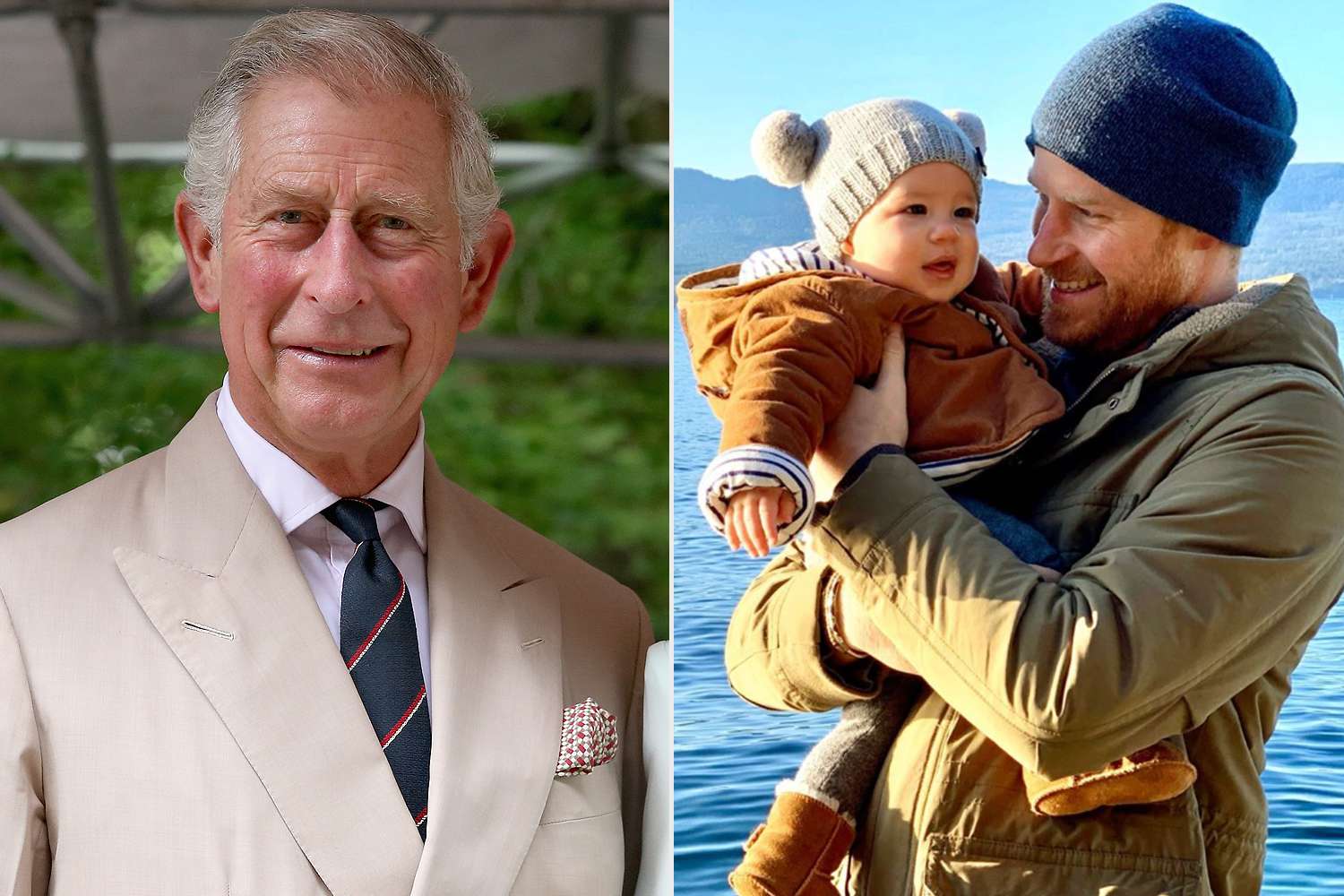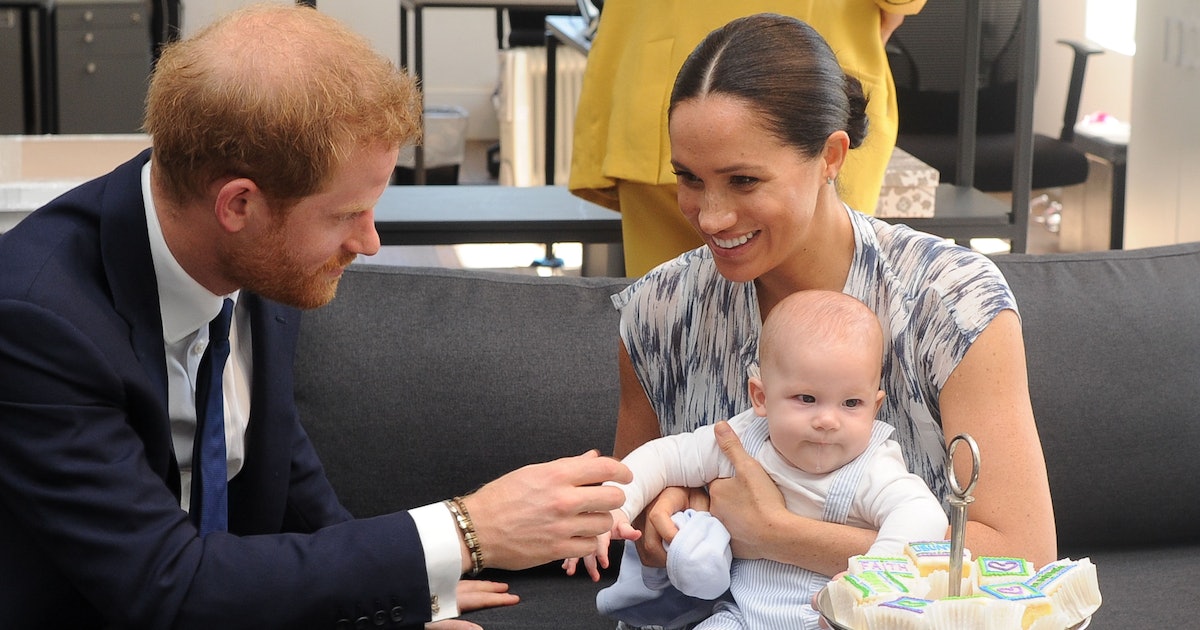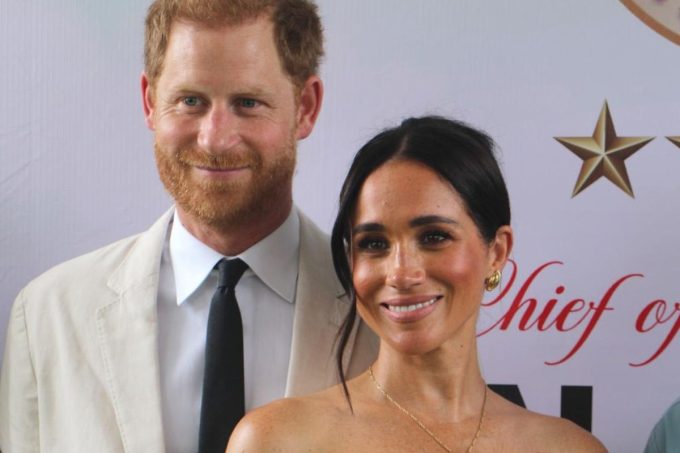Meghan Markle, who is now married to Prince Harry of the United Kingdom, has a history of issues with the British royal family. One of them was a question that has been called “racist” about her son Archie’s skin tone. The royal family member who made the remark has finally been identified after two years of these accusations.
One of the most contentious instances in the annals of royalty is the internal conflict the British monarchy has had with the Duke and Duchess of Sussex. The serious scandal that the public has been able to immediately observe as a result of the serious claims that have been made.
Through Harry and Meghan Markle’s interview with Oprah Winfrey in 2021, it was made public that a member of the royal family was curious about Archie, the eldest son of the Duke and Duchess of Sussex, and the potential skin tone he would have at birth.
 Given that Meghan Markle’s family is African-American, it was assumed that the baby might not be entirely white and might have brown traits.
Given that Meghan Markle’s family is African-American, it was assumed that the baby might not be entirely white and might have brown traits.
Two years after this contentious claim, the source of this questioning has been identified, and it is none other than King Charles III. The following was confirmed by a source to the Page Six newspaper:
“Yes, there was correspondence, there was an exchange of letters between the Duchess of Sussex and the king.”
King Charles III said that they did not aim to come out as “racists” in these letters, which discuss the actual event. In fact, Charles is credited in Christopher Andersen’s book “Brothers And Wives: Inside The Private Lives of William, Kate, Harry, and Meghan Markle” with having questioned Archie’s skin tone.
 The English daily The Telegraph, on the other hand, discussed how the Duke and Duchess of Sussex felt about the situation in relation to the British royal family:
The English daily The Telegraph, on the other hand, discussed how the Duke and Duchess of Sussex felt about the situation in relation to the British royal family:
“The Palace is also aware of the Sussexes’ frustration that the initial email correspondence about the Coronation made no reference to their children and their possible involvement. The omission only fed their sense that their family plays second fiddle to the Welsh.”












